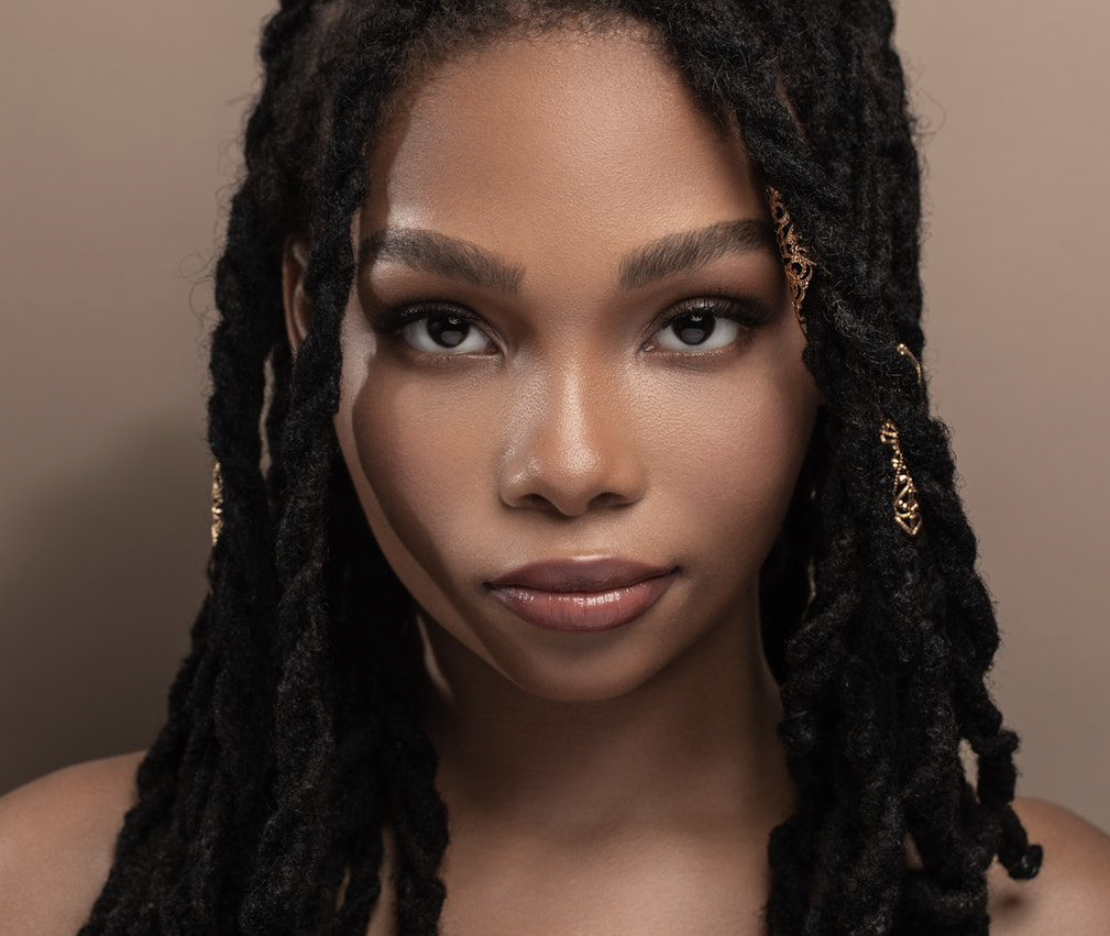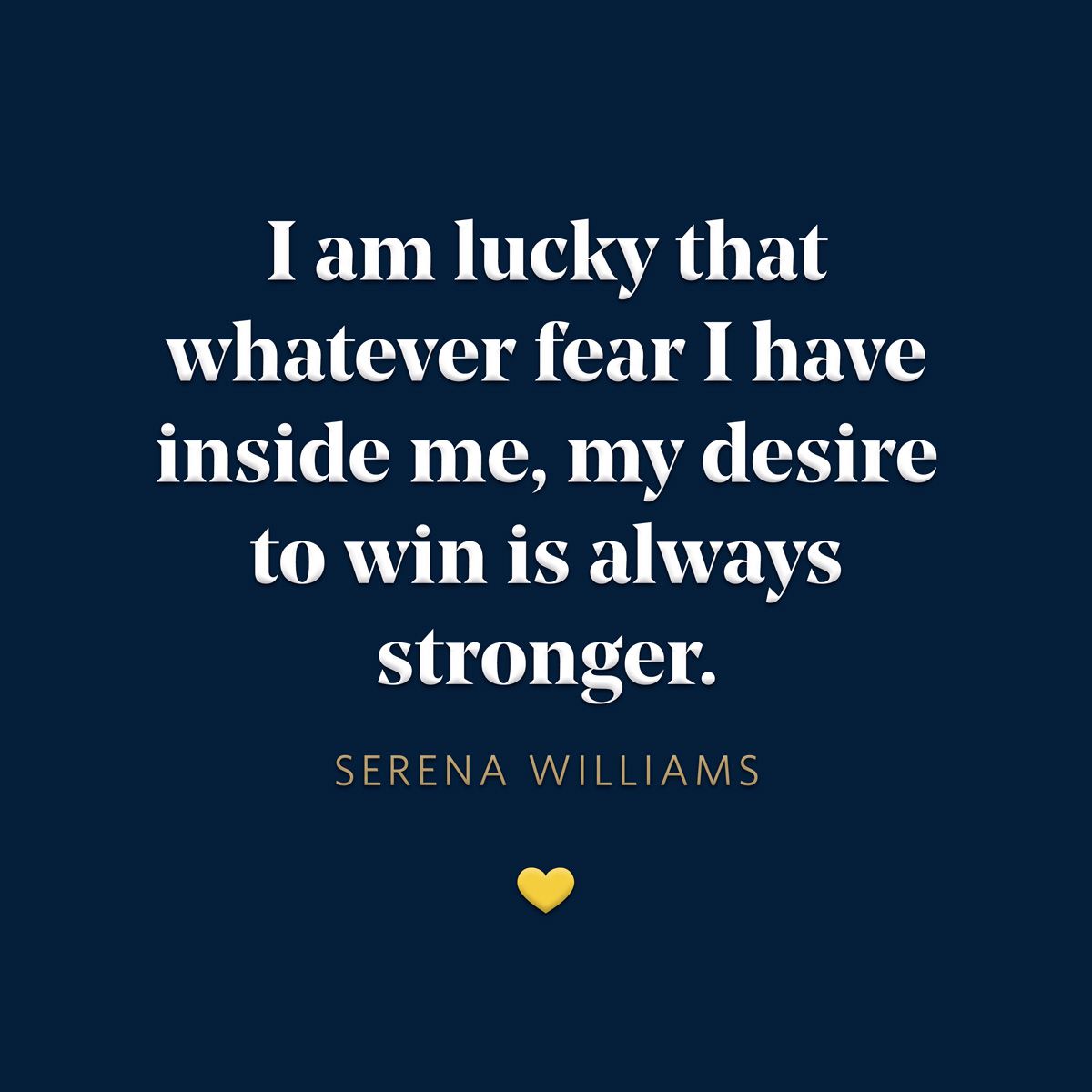Letter from the Editor💛 Hey Reader, As I’m continuing in my education to understand a new language (Haitian Creole, or kreyòl aysiyen) well enough to speak it, there is something that I’ve learned—perhaps later than I should have!—that has kept me from advancing as fast and as well as I could. The initial plunge into learning was delayed because I didn’t think I could ever even learn it well enough that people wouldn’t laugh at me when I tried to say something. I overcame that hurdle and began memorizing vocabulary and sounds. Then, my instructor said, “It’s time to just have conversations and use the book only as a resource.” An actual live conversation?! What if I failed!? And I am here to tell you, having someone to walk along side and continue to push me to do more and learn more and speak more is exhilarating! I went from someone thinking that I could maybe learn this language over time to having an instructor pushing me to express myself fluidly in everyday conversations with people who wanted to share their lives with me. For you see, that was the real goal. Not to learn a “language” as a skill, but to find a way to connect with people, hear them in their lives, and just be present with them as they shared their stories using their own language. I think about the long process of learning to acquire a new skill or new body of knowledge, and how that can align with our interest in becoming someone who is not just interested in the topic of justice but also in becoming someone who is an agent for justice. And I think that the basic necessity of becoming someone who seeks justice is to first figure out why it is we want justice. For me, it was because of my friends and family. I could see that they were pushed aside from success due to their race or sexual orientation, and I felt both anger and shame at seeing their hurt. Leaving my formation as a white male Evangelical behind has included making conscious decisions about justice as often as I could, deliberately going into spaces with the goal of trying to do something to make things better for my friends and family. To make sure that my family and loved ones could thrive in a culture that saw them and embraced them for who they are. And I wanted to see justice done because there’s something in me that demands it. I started by reading books about justice in America. I built up a personal library of around 200-300 books, with several dozen more borrowed from the library, just so I could acquire an understanding of the background and the players and even the vocabulary of those who were seriously talking about justice and who were actively working in their lives to bring it to fruition. Then it came time to connect with people who could help me along. I slowly acquired contacts who were in the justice movements in America—for Black rights, for gay rights, for women’s rights, for migrants’ rights. I had moved beyond just knowing the words to hearing at my own pace their stories. (And yes, many of those stories were right here—thank you to all our contributors!) But I’d prepared for it through not only my studies but also through just jumping into it and doing the best that I could at every step of the way. The more I read about people and injustice, the more I talked with people about injustice, especially the injustice they experienced in their lives, the more I felt pushed to do what I could as each circumstance occurred or each opportunity arrived. I was better informed, sure, by my education and experiences, but I was also changed inside by the interactions I had with people, listening to them, becoming familiar with their stories and lives, seeing the commonalities, and finding that I wanted to see them thrive as I have been allowed to thrive in my skills, passions, and talents.  We can all feel reluctant to try something new and do something different when we find ourselves at a place in our lives where we are desperate for change. There are so many things that are falling apart right now, it seems, from the increasing number of deaths of Black men, women, and children at the hands of the police to an erasure of the civil autonomy of women to the intrusion of religion into public schools to the threats to gay rights and voting rights and even the peaceful transfer of power after an election. I’m sure a lot of you have felt baffled and discouraged and unprepared. Here you were thinking that things have been slowing improving, and then all at once in the space of a few weeks several rights we all depended on existing were simply pulled away, with some of the decision makers even saying they were coming to take still more rights away. It seems as if we are living in unusual times that freeze us in indecision—what should we do when the world seems ready to crash down upon us? But it’s always been so in America. The great release of enfranchisement that occurred after the American Civil War was followed by the widespread implementation of Jim Crow. The signing of the Civil Rights Act of 1964 and the Voting Rights Act of 1965 were followed by pushback and now rollback. The acknowledgment of the right of privacy in the 1960s is now thrown away as many people wonder just how they can live as ordinary people doing ordinary things when access to expected liberties is gone, with the signature on a piece of paper. People have done good things. Then pushback attempted to reverse all the good. People do more good things. Pushback happens. Over and over. It seems almost hopeless, and yet – we still see more liberty today than we had a hundred years ago. If we’ve had a setback, it’s not totally reversed and we have the power to stop it. We need to just keep going on. The struggle for civil rights was already a topic at hand during the time of the writing of the Declaration of Independence. The struggle for civil rights has always been with us. If this is a new thought to you or if you want to learn more, start by reading books and listening to people who are experts. We have an extensive reading list on our site that can help you get started. Start connecting with people in your area. Find the groups who are organizing to oppose the recent loss of numerous rights. Take the time to listen to what’s being said and find out for yourself what it means to you. Speak out in the places where you have a voice. That might be on social media, of course—everyone can be an “expert” there!—but more importantly, use your voice in your local connections. Talk to your family about your concerns. Teach your children about valuing people. Talk to your neighbors about your concerns, listen to theirs, and connect on shared values. Speak up in community meetings, whether in person or in virtual conferences and video calls. You will make mistakes, I guarantee that! There are those who will correct you—although if you’re doing the work of an ally, they will generally be kind. In trying to achieve justice with the tools that you have and the person that you are, you will learn how to do it better, and you’ll find that you are interacting with more people, learning from more people, influencing still more people, and connecting people together who can make the changes we so desperately need. Don’t wait until you’re the expert. Just do it, now. Love one another. Stephen Matlock
OHF Weekly Senior Editor
More from Our Writers By Sherry Kappel, OHF Weekly Managing Editor It’s been a helluva week or two in America (not that most of them aren’t, these days). Just as I was getting my wits together enough to write about Ahmaud Arbery’s murder, we learned about Breonna Taylor getting shot to death by police while sleeping in her own bed; the choking death of George Floyd by not one but four policemen; and the threatening of Christian Cooper for birdwatching while Black. These are not isolated examples. Truth be told, if there’s no video we often don’t hear about them because they’re all too common and swept under the rug. The question is, what are we white people going to do about it? If you’re one of those folks who would vote to acquit Floyd’s murderer, chances are you should just move on at this point. If you’re reading this from a protest site, you probably need not read further. But if you’re like so many of us, who feel like shit right now, want Black folks to know “not all white people . . .” (we’ll come back to that one), and aren’t sure what to do yet you’re still reading this — you would be the “we.” Read the full article.
By Madison Pattin In Virginia, racism is a big thing. Racism is a big thing everywhere. Because the nature of racism is systemic and vast, racism is found in every state and town across the U.S. You would be hard-pressed to convince me that even one town is somehow different from this reality. That somehow, the people in one particular enclave are immune to racism or collectively have genuine acceptance for the cultures of BIPOC (Black, Indigenous, and People of Color) in their community. If my home state can’t successfully convince me, then no one can. The South in general, and Virginia in particular, have distorted and muddled views of the racism in their midst. Confederate flags have long been heralded as symbols of culture, a remembrance of the past. They find their homes on many lawns. High schools are still named after Confederate leaders. This simplifying argument about culture and history is quickly dissolved if we compare the Nazi flag to the Confederate flag. Despite eventual defeat during WWII, descendants of Nazi party members do not continue to wave the flag and justify this action by claiming the flag’s familial and cultural importance. Read the full story.
SubscribeNever miss another OHF Weekly article or newsletter again. Sign up for email delivery. And we promise not to overrun your mailbox with a ton of emails. The best part? It’s free. And free is always in the budget.
Final Thoughts
|




